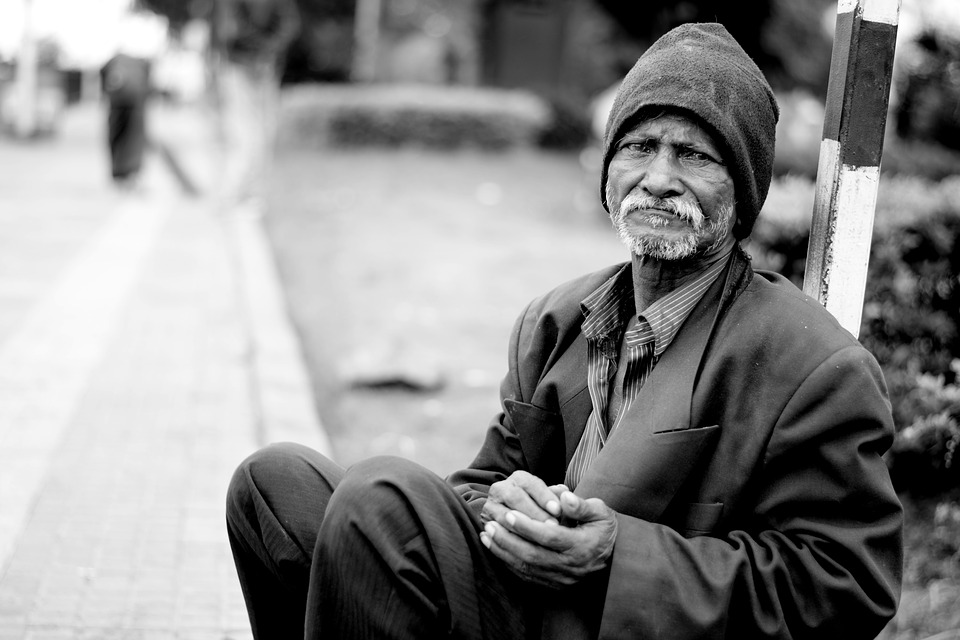In Iran, the only country in the world to take this approach, a law has been passed to legalise the sale of kidneys. Since 1993, “30,000 kidney transplants” have been carried out by Iranian doctors. This is a “golden opportunity” for a country where “until recently, very few organs were harvested from the deceased“. However, “there is tale of misfortune” behind every donor, “be it unemployment, debt or a family emergency – in a country plagued by financial hardship“.
The Iranian authorities confirm that “their system allows the poor to earn money and save lives at the same time” and the system cuts “waiting times“. The Iranian Kidney Foundation organises the transplants and centralises the payment of $4.600, to be paid by the organ recipient to the donor. The Government finances the surgery and the Foundation or a charity group helps with the additional costs. The State of Iran has announced that, “as far as it is aware, no-one is selling his/her kidney privately“, but it is difficult to prevent donors from asking recipients for more money, in line with the system. “If a person pays, it is not a bad thing provided that it’s voluntary“.
In fact, sellers use this system to ask for more money. And given the waiting times, some well-off or foreign individuals are ready to pay far more. Iranian doctors were surprised to discover that they were performing transplants on Saudi patients benefiting from the Iranian national transplant system by presenting falsified Iranian identity papers.
According to the President of Urology and Renal Transplantation at the Medical Centre, Shahid Labbafinejad, “yes, the people donate their organs because they need money, but it’s a fact that concerns everyone. Instead of doing something illegal to cover their debts, like theft or smuggling, they are essentially saving lives. It’s not about exploitation – the outcome is good for beneficiary and donor alike“.
This is an argument that has failed to convince “some leading international transplantation authorities“. In fact, the ban on organ sales is intended to “protect the most vulnerable” because “the donors are no better off in the long run,” explained Gabriel Danovitch, Director of the UCLA Renal Transplantation Programme[1]. “It’s an act of despair, not of love.” This opinion is shared by the WHO[2], which considers that donors are being exploited and doctors are being led to “undertake risky procedures“. A conference at the Vatican on organ trafficking (see Rare appearance of China at the Vatican for a conference on organ donation) has called for “payments made to organ donors” to be recognised “as crimes that should be condemned across the world and prosecuted at national and international level“.
According to the Los Angeles Times, these sales “are indicative of the social and economic dysfunction” of the Iranian situation – the result of “years of endemic corruption, poor management and stifling international sanctions“. Despite the creation of a legal system, rumours of a “kidney black market” are rife.
[1] University of California in Los Angeles.
[2] World Health Organisation.
Los Angeles Times, Shashank Bengali et Ramin Mostaghim (15/10/217)

